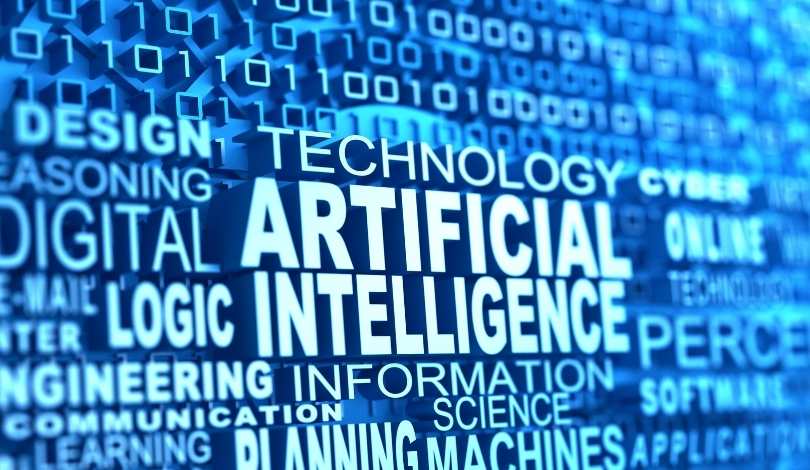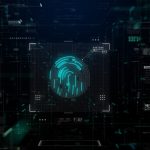Interest in decentralised artificial intelligence has surged, raising questions about who will ultimately shape and control this powerful technology. The movement promotes open participation and transparency, in contrast to industry giants like Google, OpenAI, Microsoft, and Anthropic that currently steer the development of leading AI models. The vision involves spreading the benefits of AI across society, yet it highlights difficult questions about oversight, accountability, and technical feasibility. Proponents, including industry figures such as Emad Mostaque and initiatives like 0G Labs, emphasize the potential for greater access, while critics point to looming risks if decentralisation lacks proper safeguards.
While several initiatives supporting decentralised AI have surfaced previously, much of the earlier attention focused on theoretical benefits rather than practical challenges. Concerns over data poisoning, coordination of global networks, and the resource demands for running large models have only gained prominence as projects advance. Companies have tested distributed learning and blockchain-based transparency, but concrete solutions for governance and security remained elusive in past discussions. The latest advancements, such as proposed frameworks enabling large models on modest hardware, suggest the landscape is slowly shifting from concept to implementation, with both optimism and skepticism growing in parallel.
Who Is Leading the Push for Decentralised AI?
Efforts to decentralise AI have seen support from both tech leaders and policymakers. After stepping down from Stability AI, Emad Mostaque publicly advocated for openness, framing decentralised frameworks as essential for ensuring inclusive access. Governing authorities, particularly in Europe, have echoed these worries regarding domination by a select group of corporations, seeing democratised participation as a counterweight to centralised control. MIT and various researchers have described this trajectory as enabling wider innovation, while also acknowledging the hurdles.
What Technical Hurdles Remain for Decentralised AI?
Questions concerning data integrity, system efficiency, and computing requirements remain at the forefront. Federated learning helps with synchronisation, but does not fully resolve the risks tied to contaminated or manipulated data. Moreover, resource allocation—especially at the scale needed for cutting-edge models—poses challenges; sophisticated AI demands significant hardware which decentralised systems often lack. Companies like 0G Labs respond to these challenges by segmenting training tasks, asserting that distributed networks can rival traditional data centers:
“By enabling the training of massive AI models on slower and cheaper networks, and with more accessible hardware than a high-speed data centre, even smaller businesses and individuals will be able to train their own advanced models with speed and accuracy,”
0G Labs CEO Michael Heinrich stated.
Can Oversight and Security Keep Pace?
Security and governance remain unsettled in decentralised environments. Although decentralisation may reduce risks associated with central points of failure, the large number of endpoints can expand vulnerability. Accountability is another concern, as it is unclear who is liable when things go wrong. Vitalik Buterin of Ethereum has proposed hybrid systems that seek to maintain a balance between algorithmic power and human oversight, suggesting that,
“AI serving as the engine and humans sitting behind the wheel,”
would ensure a system that leverages both automation and guided decision-making.
Decentralised AI is advancing against a backdrop of both enthusiasm and apprehension. Compared with centralised approaches, its proponents stress open models and community involvement, but critics warn about unchecked misuse and weak governance. Stakeholders must contend with technical, ethical, and organisational hurdles as they seek to widen AI access without inviting new risks. Current developments show incremental progress, though longstanding structural questions still await consensus. Anyone following decentralised AI should keep a close eye on evolving methods for coordination, data security, and collective decision-making, as these will determine the ultimate impact and reach of such technologies.










